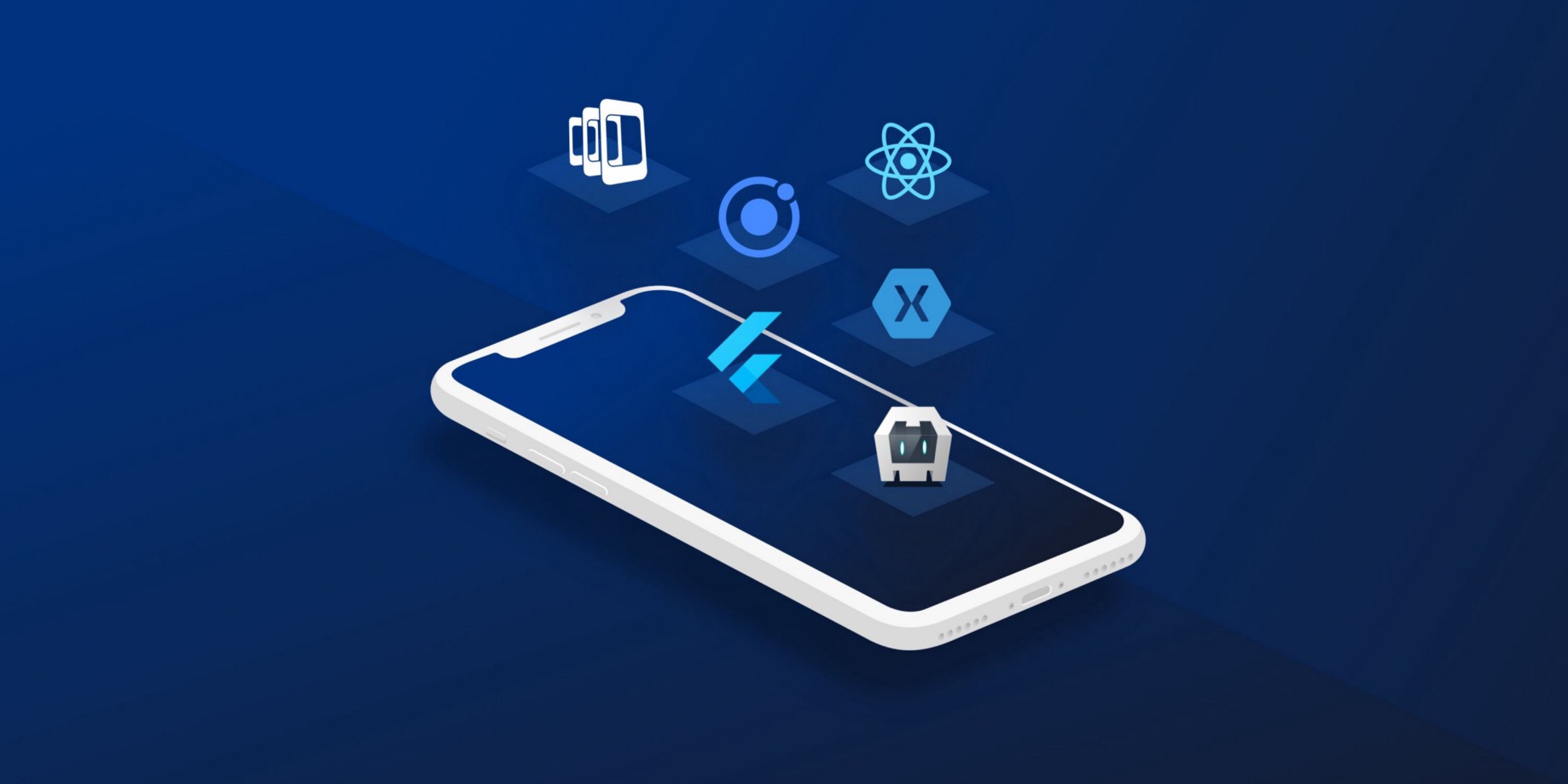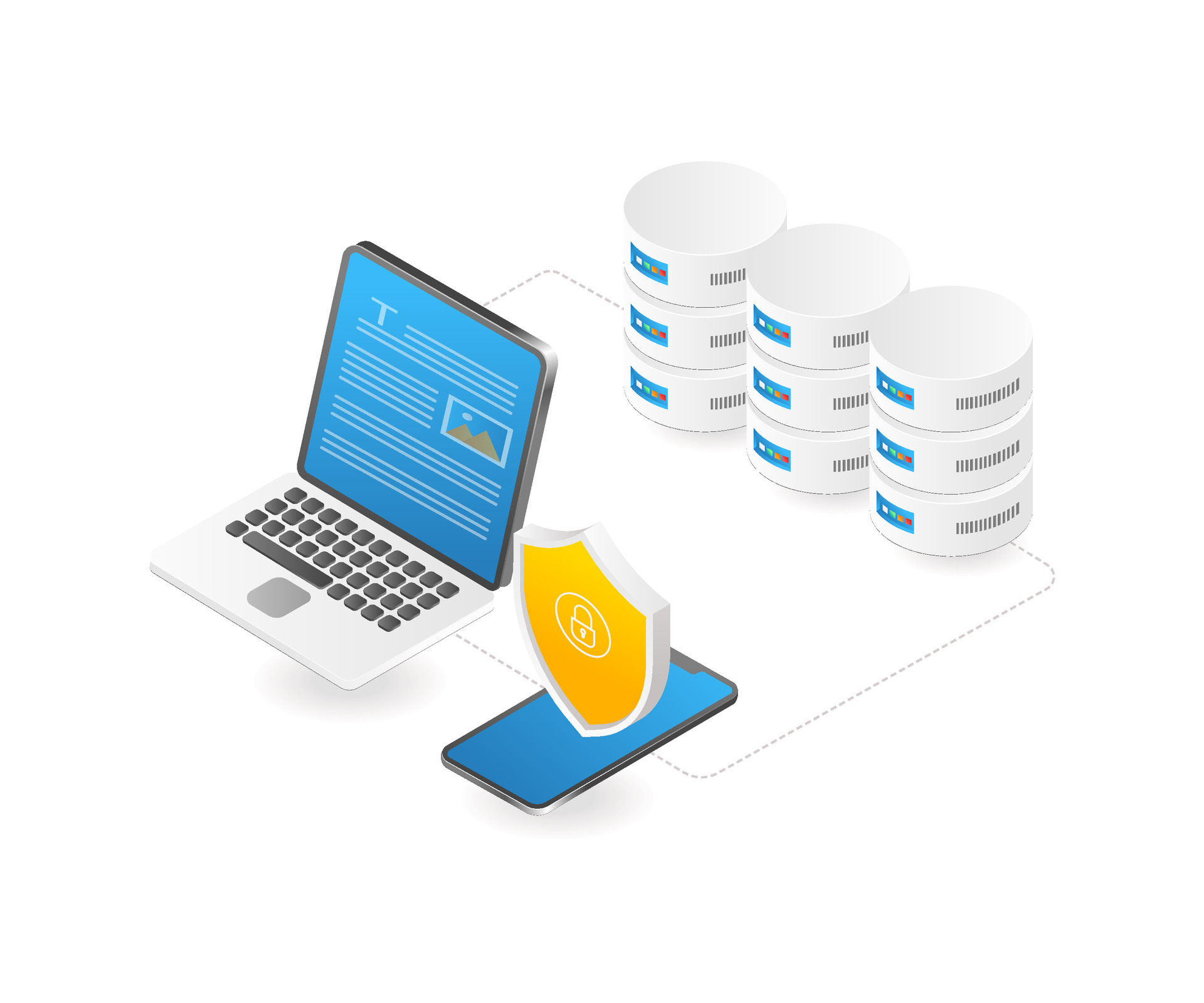6 best mobile app development platforms

What are mobile app development platforms?
Mobile app development platforms are software environments or frameworks that provide tools, libraries, and other resources for building applications specifically designed for mobile devices. These platforms typically offer a range of features and functionalities to streamline the app development process, allowing developers to create apps more efficiently and effectively.
Mobile app development platforms typically fall into two primary categories:
- Native app development platforms: These platforms are tailored to create applications intended for a specific mobile operating system, such as iOS or Android. Native app development platforms offer access to native APIs and toolsets that enable the creation of apps optimized for superior performance and an enhanced user experience.
- Cross-platform app development platforms: These platforms empower developers to build applications capable of functioning across multiple mobile operating systems by utilizing a unified codebase. This approach proves to be more efficient and cost-effective for businesses aiming to reach a broader audience without the need to develop separate versions of their app for each platform.
Benefits of mobile app development platforms
Mobile app development platforms offer several advantages that contribute to the efficiency, speed, and cost-effectiveness of the app development process. Some of the key benefits include:
- Cross-Platform Development: Many mobile app development platforms support cross-platform development, allowing developers to write code once and deploy it across multiple platforms (iOS, Android, etc.). This reduces development time and costs associated with building separate versions for different operating systems.
- Faster Development: These platforms often provide pre-built templates, drag-and-drop interfaces, and reusable components, accelerating the development process. Developers can leverage these tools to streamline coding and focus on app functionality rather than building everything from scratch.
- Code Reusability: With cross-platform frameworks, a significant portion of code can be reused across different platforms. This not only saves time but also ensures consistency in the app's behavior and appearance across various devices.
- Access to Native Features: Many platforms allow access to native device features like GPS, cameras, sensors, and more. This enables developers to create apps with native-like performance and functionality.
- Reduced Development Costs: By streamlining the development process and enabling code reuse, mobile app development platforms can significantly reduce development costs, making app development more affordable for businesses.
- Simplified Maintenance: With a single codebase for multiple platforms, maintenance becomes more straightforward. Developers can implement updates or bug fixes simultaneously across all platforms, reducing the effort required for maintenance.
- Community Support and Resources: Many platforms have active developer communities, offering support, forums, tutorials, and extensive documentation. This community support can be beneficial for developers facing challenges during the app development process.
- Rapid Prototyping: App development platforms often provide tools for rapid prototyping, allowing developers to quickly create prototypes to visualize the app's interface and functionalities before diving into full-scale development.
- Integration with Backend Services: Some platforms come with built-in backend services or easy integration with cloud services, databases, and APIs, simplifying the process of connecting the app to the required backend infrastructure.
Top 6 mobile app development platforms
Cordova
Cordova is a well-known open-source mobile app development platform enabling the creation of the best cross platform mobile app development through HTML, CSS, and JavaScript. It supplies plugins and APIs for accessing device features like the camera, GPS, and storage. It also provides access to device features and integrates with various tools for app development and deployment. However, it might not offer the same level of user experience optimization across different operating systems.
Features:
- Cross-Platform Compatibility: Allows apps to function on various mobile operating systems seamlessly.
- Plugin Library: Offers convenient access to native device features, enhancing functionality.
- Familiar Technologies: Empowers developers to build apps using CSS3, HTML5, and JavaScript, familiar languages for many coders.
Xamarin
Xamarin is a widely used platform enabling the creation of iOS, Android, and Windows apps using C# and .NET. It provides various tools for app development, testing, and deployment, including visual design features, debugging utilities, and integration with cloud services like Azure.
Features:
- Code Reusability: This enables developers to distribute nearly 90% of their code among various platforms.
- Complete Native Applications: Xamarin supports the creation of entirely native Android, iOS, and Windows applications utilizing a unified .NET codebase.
- Access to Native APIs: Guarantees the development of efficient, impactful applications with an authentic and native user experience.
React Native
React Native, from Meta, is a popular mobile app development platform for building native iOS and Android apps using JavaScript and the React library. It offers tools for development, testing, and deployment, ensuring a smooth user experience through native components and APIs. Additionally, it provides services for backend app construction.
Features:
- Native-like Performance: Capability to develop mobile apps in JavaScript that function similarly to native apps.
- Hot Reloading: Accelerates development and deployment by enabling quick code updates.
- Flexibility: Seamless integration with third-party plugins and compatibility with platforms like tvOS.
Flutter
Flutter, an open-source mobile app development platform from Google, enables developers to create applications for Android, iOS, and web platforms using a unified codebase. It provides tools for visually appealing and responsive apps, including a real-time code modification feature called Hot Reload. However, Flutter might not be the best choice for building apps with complex graphics and animations.
Features:
- Hot Reload: Permits developers to iterate, construct UIs, and fix issues swiftly.
- Customizable Widget Sets: Offers abundant toolsets for swift and efficient UI development.
- Single Codebase: Functions seamlessly across various platforms, ensuring synchronized updates.
NativeScript
NativeScript, an open-source mobile app development platform from Progress, utilizes CSS, JavaScript, Angular, TypeScript, and Vue.js for app development. NativeScript Sidekick, a GUI tool, aids task creation visually. XML files define platform-independent user interfaces, while Angular and TypeScript enable the construction of application logic independent of the target platform.
Features:
- Authentic native functionality: NativeScript allows developers to build entirely native mobile apps using web-based technologies.
- Unified coding: Similar to other platforms mentioned earlier, NativeScript permits the creation of iOS and Android apps using a single codebase.
- Language adaptability: It offers flexibility in developing and deploying mobile applications using JavaScript, Angular, or TypeScript.
- Direct API access: NativeScript enables direct utilization of all native platform APIs through JavaScript, TypeScript, or Angular.
- Extensive plugin collection: A diverse array of plugins is available to expedite the development process.
Ionic
Ionic is an open-source platform for crafting cross-platform apps with HTML, CSS, and JavaScript. It provides tools for creating visually appealing apps and integrates with cloud services and backend tools. While Ionic is user-friendly and utilizes familiar web technologies, it may not deliver the performance or native experience of native app platforms. Debugging can also be challenging due to ambiguous error messages.
Features:
- Unified codebase: Functions flawlessly on any platform or device.
- UI interface: Offers an extensive range of UI features and gestures for enhanced user experiences.
- Built on web technologies: Utilizes standard web technologies like HTML, CSS, and JavaScript.
FAQ
Q1: What is the best mobile app development platform
Answer: Flutter, React Native, Xamarin, Ionic, Apache Cordova, and NativeScript stand out as the best platform for mobile app development in 2023. Each framework possesses distinct attributes and functionalities, catering to specific application requirements.
Q2: Why use a mobile application development platform?
Answer: Using a mobile app development platform expedites and cost-effectively customizes app creation by handling technical elements. Developers focus on building user-centric apps while leveraging a unified platform for easy customization, feature addition, and comprehensive analytics.
Q3: How much does an App Development Platform cost?
Answer:
App development platform costs vary widely based on features and plans, ranging from free options to several thousand dollars annually, tailored to project complexities and business needs.
Conclusion
In the ever-expanding landscape of app development, the choice of a development platform is pivotal. Each platform discussed in this article offers a distinct approach, whether it's leveraging native functionalities, enabling cross-platform capabilities, or catering to specific programming languages. Thus, delve into these leading platforms and embark on initiating the development of your next innovative mobile application.


